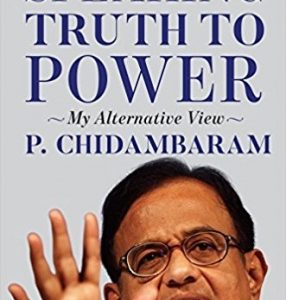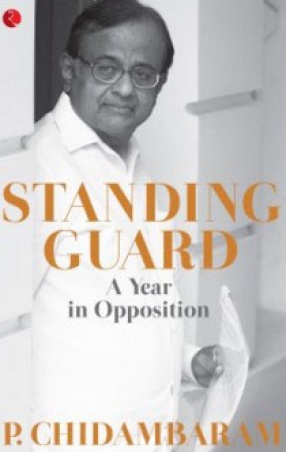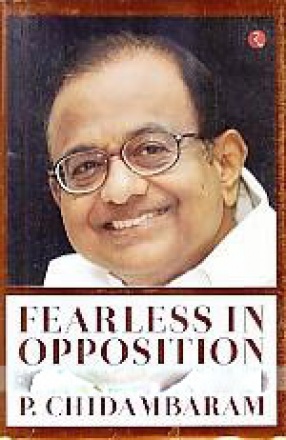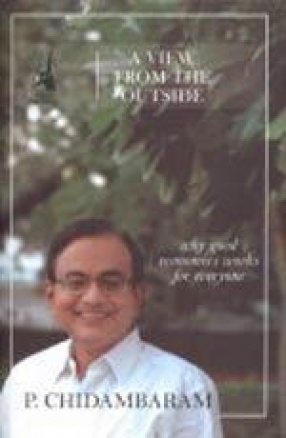
Showing all 5 books



In a parliamentary democracy, citizens always wish to hear the articulate voice of the Opposition that can offer reasoned criticism of the government and alternative policy solutions to the challenges faced by the country. In 2017, P. Chidambaram braved misinterpretation, criticism and abuse to emerge as that voice.
From the reckless adventure of demonetization to the flawed GST to the Central government’s economic report card that had to be marked ...

What is the BJP’s definition of nationalism? Why did the UPA government follow a policy of ‘strategic restraint’? Why is MGNREGA an important instrument in the larger context of India’s transformation? How has the ‘surgical strike’ on currency resulted in difficulties for millions of people? These contentious questions are just a few of the myriad political, strategic and economic issues that former Union Minister P. ...

Standing Guard: A Year in Opposition (9788129139627) By - P. Chidambaram Authored by P. Chidambaram, one of India's best-known politicians, Standing Guard offers a keen economic and political analysis of India@2015 - the tumult of the 2015 Bihar election, the debates surrounding the Land Acquisition Amendment ordinances and the Goods and Services Tax (GST) Bill, and the alarming rise of intolerance. In this rare collection of essays, Chidambaram refuses to shy ...

Economics is the science of the possible made to look like the art of the impossible is a definition that would strike a chord with any Finance Minister of India who, every year, has to perform the great Indian hope trick. Otherwise known as the budget--a careful balancing act between revenue and expenditure, tax rates and tax sops, growth and equity, reforms and the status quo. Within these constraints, however, there is much that a Finance Minister can actually ...

Contents: 1. General. 2. Judicial logic. 3. In the days of Chanakya. 4. Temples and drinking saloons were state institutions. 5. Legal confusion. 6. Temple revenues are public revenues. 7. Origin of temple trustees and their powers. 8. Transfer of control by British Government. 9. From the British to the Brahmin. 10. Cosmopolitan character of Hindu temples. 11. Fundamental tenets of the Agamas. 12. Who are the temple priests? 13. Agamas are cosmopolitan. 14. Jain ...
